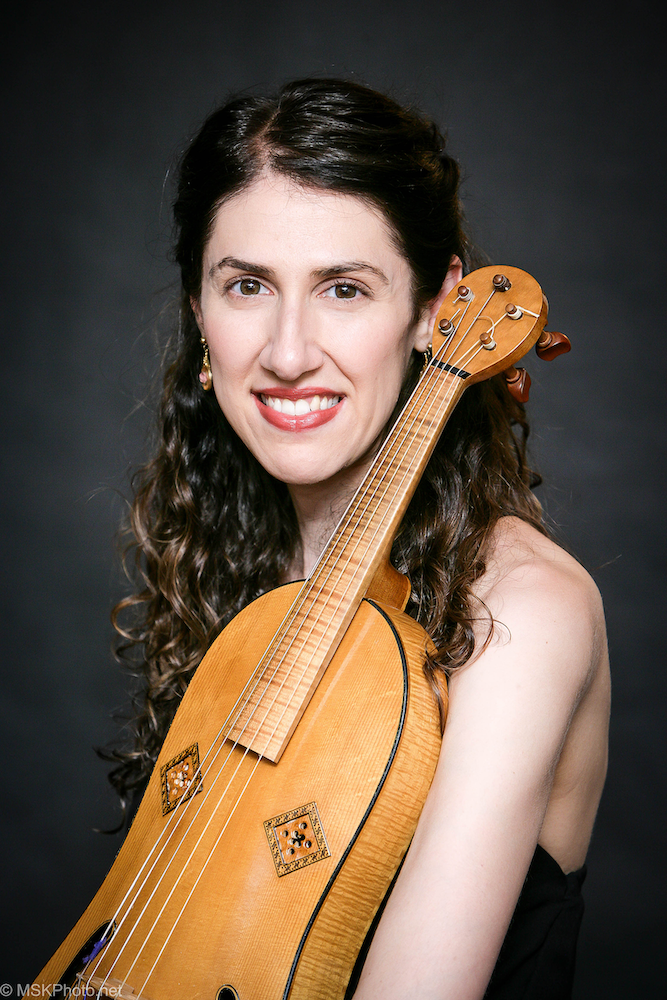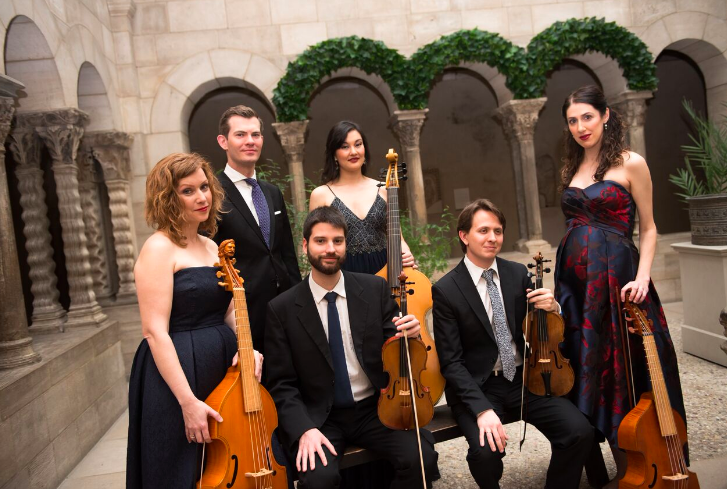Leonora Duarte (1610–1678): Converso Composer in Antwerp
A Lecture by Elizabeth Weinfield of Sonnambula

Saturday, September 21, 2019
1:00–2:00 pm
Watkins Lecture Hall
Earl V. Moore Music Building
1100 Baits Dr, Ann Arbor, MI
Free and open to the public
Presented with the School of Music, Theatre & Dance Musicology Department
and the Stearns Collection of Musical Instruments
Lecture Description
At the end of the seventeenth century, Leonora Duarte (1610–1678), a Jewish converso living in Antwerp, wrote seven five-part Sinfonias for viol consort — the only known seventeenth-century viol music written by a woman. This music is testament to a formidable talent for composition. Born in Antwerp to a prominent family of merchants and art collectors who had immigrated from Portugal in the early sixteenth century (friends of Vermeer, and possibly Rubens), Leonora received a superb musical education that included instruction on harpsichord, lute, and viol, as well as lessons in composition. Her musical evenings at home quickly became well-known ports of call for traveling diplomats and literati, among them Constantijn Huygens, William and Margaret Cavendish, and composer Nicholas Lanier.
Both a Jew and a woman, Leonora Duarte received no commissions from church or court, and thus the existence of the Sinfonias presents a remarkable opportunity consider music within the domestic sphere — and to uproot a heretofore obscure composer from a point of inferiority and relative powerlessness to a position providing insight into a multi-voiced and interdisciplinary history, one that complicates narratives of social and political struggle. This paper will consider Leonora and her music as products of diverse influences within the landscape of post-Inquisition Antwerp, as evidence of complex and symbiotic relationships with male contemporaries, and as vital testimony to the cultural accomplishments of women conversos in early modern Europe. It will draw upon musical analysis, critical theory, issues of gender — and Sonnambula’s recordings of the works as musical examples (Centaur Records, 2019). What emerges is a narrative in which the embodied experience of musical performance allowed Leonora to navigate the waters of social diplomacy within the broader context of Antwerp’s outward dedication to cultural exchange.
About the Artist
Elizabeth Weinfield is a music historian and viol player who teaches in the music history department at The Juilliard School in New York. Her research explores the relationship between gender, performance, and race in the early modern period, and her interests include music by women in the cryptoJewish communities of Antwerp, performance practice, and the early music revival in America. A native New Yorker, she holds a Ph.D. in Historical Musicology from The Graduate Center (CUNY), an M.St. in Music from Oxford University, and a B.A. in Art History from Rutgers, and before Juilliard taught music history at City College, Fordham University, and Yeshiva University. She has served as the editor of the digital publication the Heilbrunn Timeline of Art History at The Metropolitan Museum of Art and as a researcher at the Yale Collection of Musical Instruments.
Founder and artistic director of the ensemble, Sonnambula, Weinfield has designed site-specific concerts at The Met Museum, The Cloisters, The Hispanic Society, and The Frick, and recently published the first complete recording of the music of the seventeenth-century composer, Leonora Duarte (Centaur Records, 2019). As a writer and critic, she has published on old instruments and historical performance in The Galpin Society Journal, the Heilbrunn Timeline of Art History, The Huffington Post, Fortnight Journal, and others. She is currently at work on her first book, Leonora Duarte (1610–1678): Converso Composer in Antwerp, a monograph on Duarte that investigates music’s role in the convergence of business and culture in the early modern domestic space.

